In 2016, four months after my mom died, I started volunteering prison.
During our mindfulness group, we sit in a circle, volunteers and inmates together. We begin with meditation and then check in—honest sharing about what’s up for us.
My first few check-ins were raw: the relationship between meditation and grief, the pain of loss. After everyone shares, there’s time for general discussion.
One group member, R, looked right at me and told a story from his previous incarceration.
He went to a parole hearing, not expecting much but received wonderful news: he’d be released in a week. Freedom! R was giddy.
When he got back to his cell, there stood “white shirts.” (Blue shirts are guards; white shirts are administration.) R immediately thought, “Oh no, something happened, and they reversed the decision.” But that wasn’t the news.
The two men in white shirts said, “We’re sorry son, but your mom has died.”
This took R’s breath away. His mom was his best friend. She was the first person he wanted to call with his good news.
On the same day, two extremes occurred: R received his freedom and his mother lost her life.
Through tears, he said—still looking straight at me—that for the next week he bounced between joy and grief. And that strange juxtaposition helped him heal.
His genuine wish for me was that I find beauty and growth within my grief. He believed that was possible.
The whole group sat silent, witnessing this exchange. Both me and R in tears.
R is right. We live in a world where we experience deep loss and amazing beauty. We witness injustice and courageous action. And joy sometimes springs from our grief.
All of this belongs.
All of us belong.
Everything belongs


